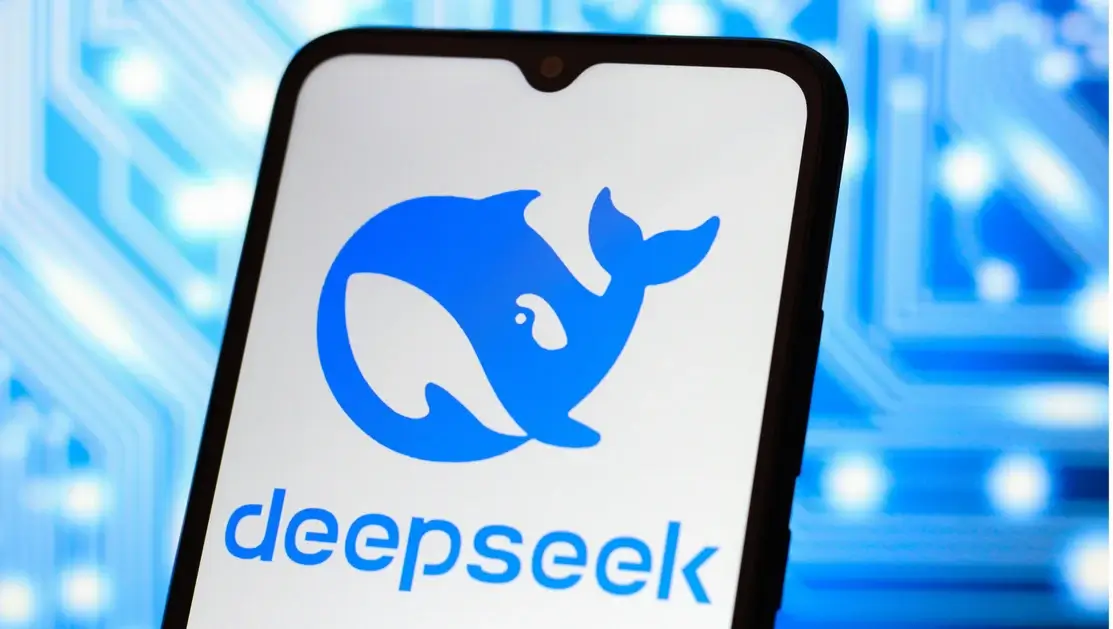BMW is set to integrate artificial intelligence (AI) technology from the Chinese startup DeepSeek into its new vehicle models in China later this year. The announcement, made at the Shanghai Auto Show, signals a significant move by the German automaker to embrace local innovation and strengthen its position in the Chinese market. BMW's CEO, Oliver Zipse, emphasized the importance of AI development in China and stated that the partnership aligns with the company's broader approach to building region-specific technological solutions.
DeepSeek is known for its expertise in natural language processing and intelligent systems, and its AI tools are expected to enhance voice interaction, predictive analytics, and overall system responsiveness in BMW vehicles. This integration aims to create a more personalized and intuitive driving experience for Chinese consumers, who have shown a strong interest in smart features and AI-powered functionalities. Previously, several Chinese car manufacturers had already begun to integrate DeepSeek's large language model (LLM) into their systems.
The collaboration with DeepSeek also reflects BMW's recognition of the importance of co-developing technology with regional partners to stay competitive in China's rapidly evolving automotive landscape. BMW has been increasing its collaboration with Chinese tech firms in recent years. The company's local R&D network, which includes facilities in Beijing, Shanghai, and Shenyang, has allowed it to develop region-specific technologies and adapt to the Chinese market. In March, BMW teamed up with Alibaba to integrate AI LLM into BMW's next-generation vehicles and partnered with Huawei to further develop an in-car digital ecosystem tailored for the Chinese market.
BMW's integration of DeepSeek's AI is part of a broader trend among international carmakers who are increasingly customizing their vehicles to meet the specific digital expectations of local markets. For BMW, the partnership with DeepSeek provides an opportunity to blend German engineering with Chinese technological agility, producing vehicles that are not only mechanically advanced but also digitally sophisticated. As BMW continues to deepen its roots in China, initiatives like this reflect the company's long-term commitment to innovation and regional adaptation.
The global automotive AI market is projected to experience substantial growth in the coming years, with China emerging as a key innovation hub. By harnessing local talent and tech resources, the automaker is positioning itself at the forefront of the intelligent mobility era, delivering smarter, more connected experiences to its growing customer base in China.

















